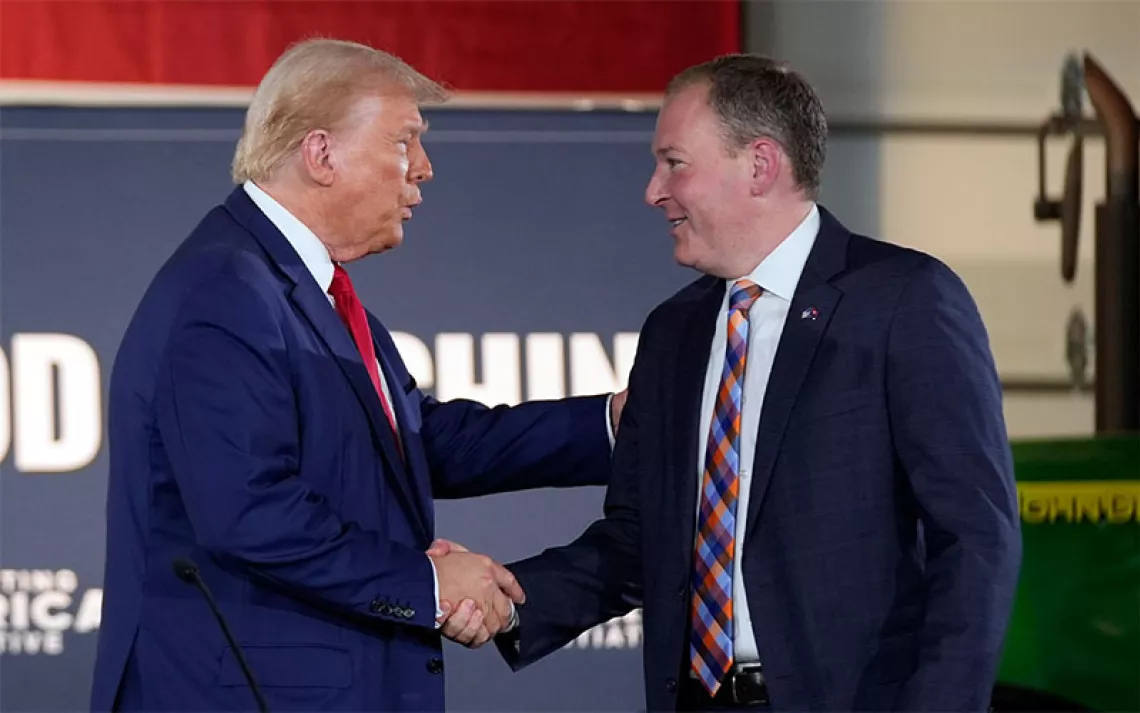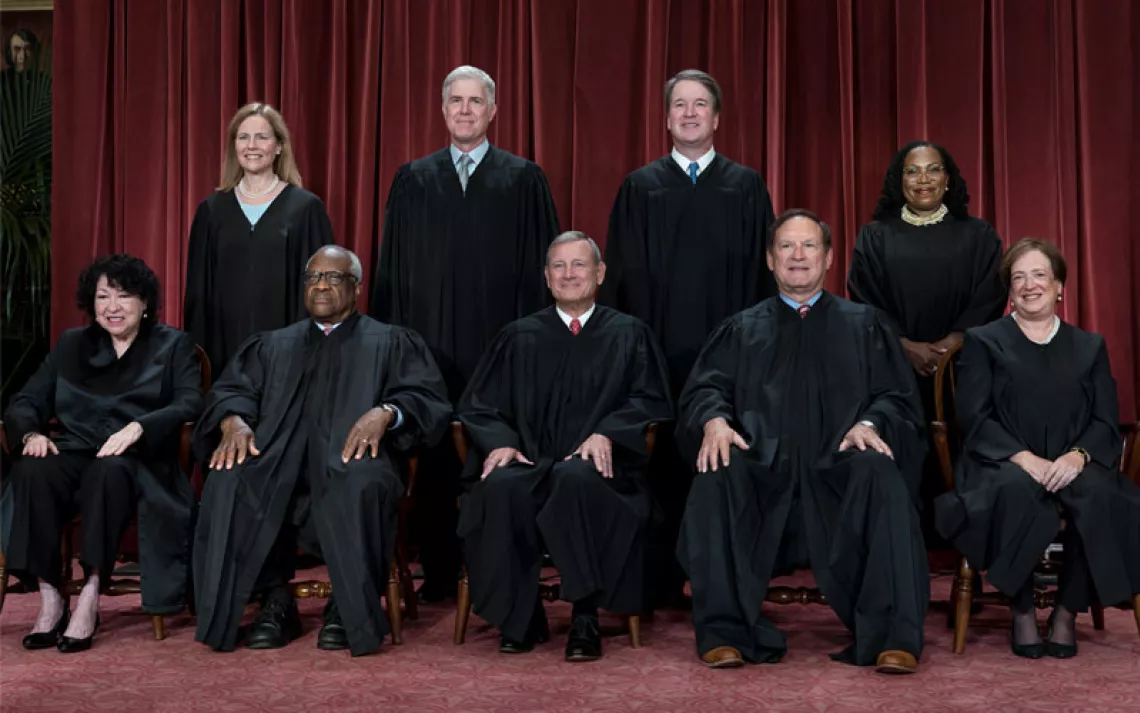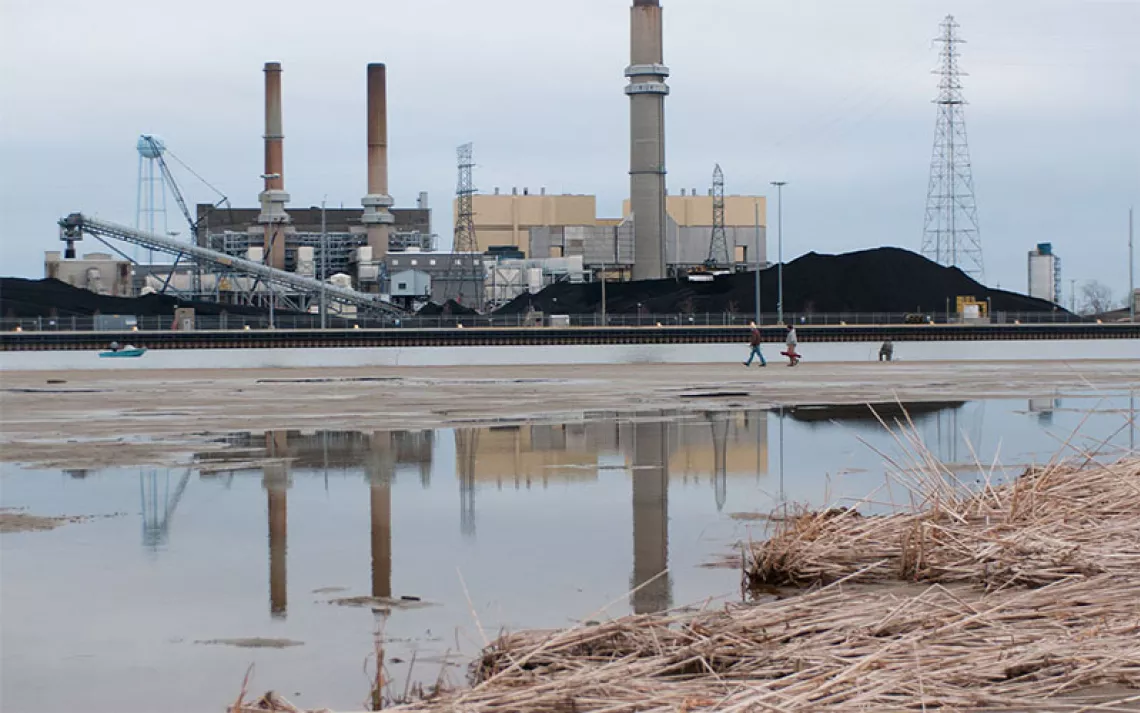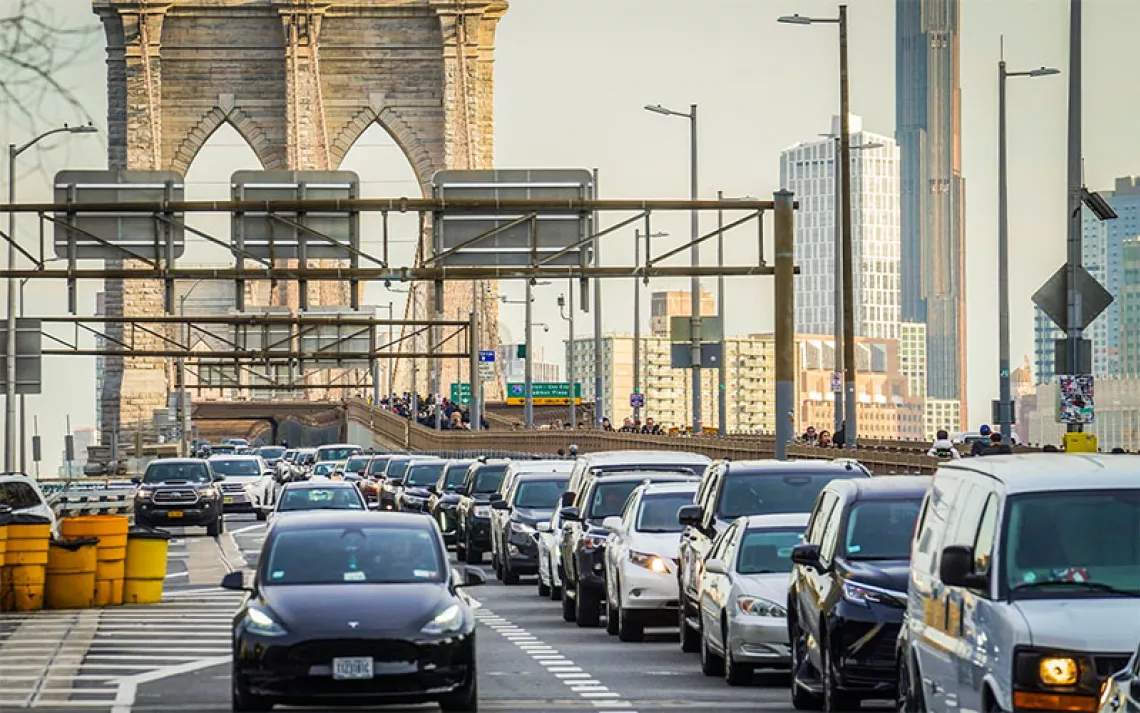The ELG Rule Is Scott Pruitt's Newest Victim
The Obama administration had tried to fix a big loophole in the Clean Air Act

Photo by Prasit Rodphan/iStock
What It Is: When confronted with stricter regulations under the Clean Air Act, some coal plants found a workaround. Instead of pumping exhaust into the air, they doused it in water. Voila! The arsenic, lead, cadmium, and mercury in that exhaust was now governed under the Steam Electric Power Generating Effluent Guidelines (ELG) rule. As long as the water didn’t have the kind of pollution that is visible to the naked eye (visibly oily, filled with strange blobs), it was OK to dump it outside the plant into ponds and streams.
So in 2015, the EPA changed the ELG rule. Power plants had to reduce those levels of toxic metals and other invisible pollutants according to what the best available technology could achieve. The EPA estimated the industry would have to pay around $480 million annually to reach the new standards, but that cleaner water would generate benefits that were estimated to be between $451 million and $566 million annually. Power plants were given until between 2018 and 2023 to comply. That was too long for some environmental groups, but better than nothing.
Current Status: On March 24, the Utility Water Act Group, an energy-industry lobby, filed a request with the EPA to reconsider the ELG rule and hold off on implementing it while it’s being reconsidered.
On April 14, EPA administrator Scott Pruitt—a politician with long-standing ties to the oil and gas industry, and one who sued the EPA 14 times when he was Oklahoma’s attorney general—announced that the EPA would do exactly what the energy industry asked. “This action is another example of the EPA implementing President Trump’s vision of being good stewards of our natural resources while not developing regulations that hurt our economy and kill jobs,” Pruitt said in a statement. “Some of our nation’s largest job producers have objected to this rule, saying the requirements set by the Obama administration are not economically or technologically feasible.” (In fact, the update to the rule was based on what available technology can achieve, and the EPA’s own analysis showed that the economic benefits may outweigh the costs.) The fact that the EPA has issued a stay means that the rule isn’t off the books entirely, but it’s in peril.
What a Permanent Rollback Would Mean: If Pruitt permanently rolls back the rule, utility companies would win and public health would lose. Arsenic has been linked to cancer, neurological and cardiovascular damage, and lower birth weight. Mercury accumulates in fish and has neurological side effects. Lead affects brain function. Without the rule, poor and minority communities—which are more likely to live near and fish around coal plants—will suffer the most.
The Labadie Power Station, the biggest coal plant in Missouri, just west of St. Louis, is one of the dirtiest in the country. The plant dumps thousands of gallons of wastewater right into the Missouri River every day, and one of its coal ash ponds leaked as much as 50,000 gallons of waste into the surrounding area every day for two decades.
Labadie is a rural community. Many residents drink well water and use groundwater for farmland irrigation. But even after the leak was discovered, it was difficult to assess damage, since the state Department of Natural Resources isn’t legally required to test the groundwater and hasn’t done so comprehensively. Meanwhile, the Missouri River remains a popular tourist destination. “When you canoe past the plant and you put your hand in the river,” says John Hickey, director of the Sierra Club’s Missouri Chapter, “you can tell the difference between when you’re upriver or downriver from the plant’s outflow.”
A rollback of the ELG rule will maintain the status quo, and coal plants will be able to keep outsourcing the cost of their pollution to the communities around them. If utilities want to keep burning dirty fuel, they should pay the price.
 The Magazine of The Sierra Club
The Magazine of The Sierra Club



